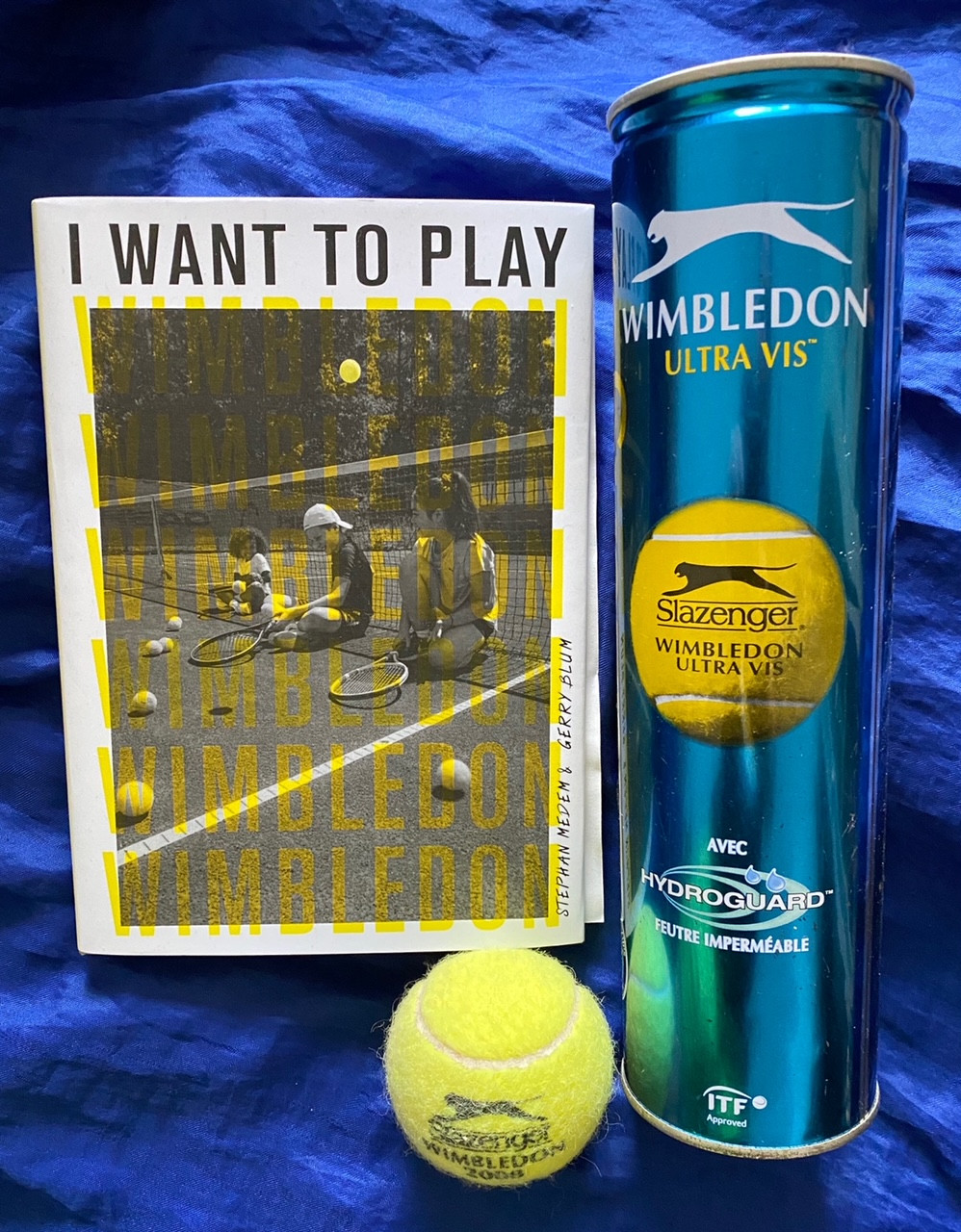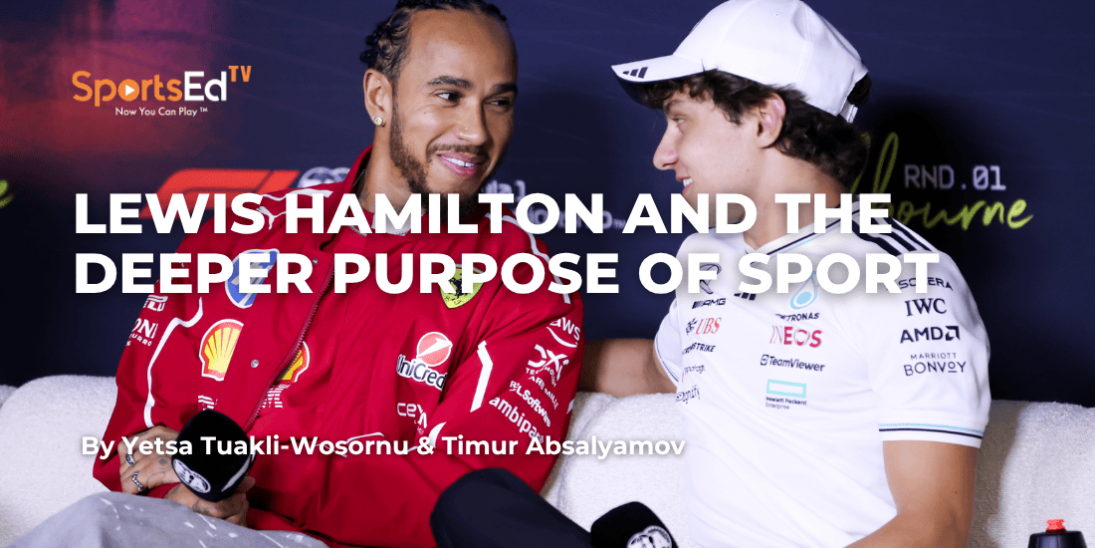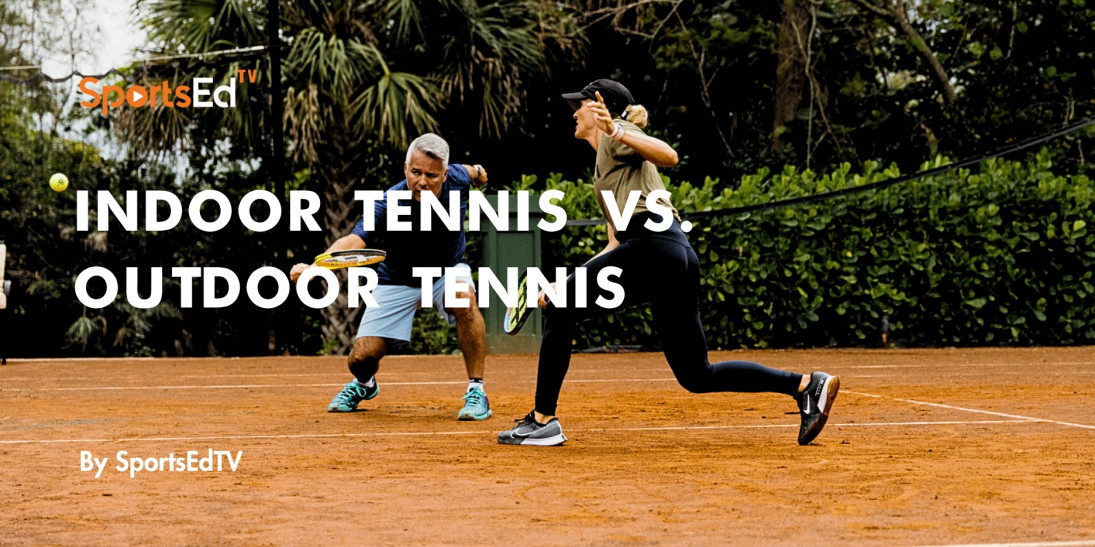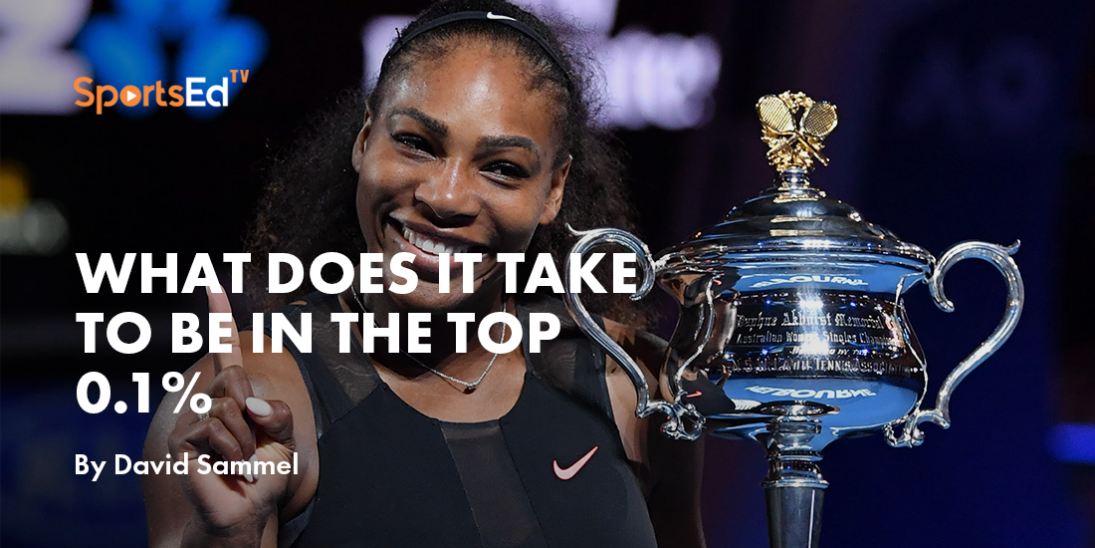Sports Parenting, Tennis
Welcome and thanks for visiting...

Tennis Tips: How to Grow A Tennis Star - The Athlete
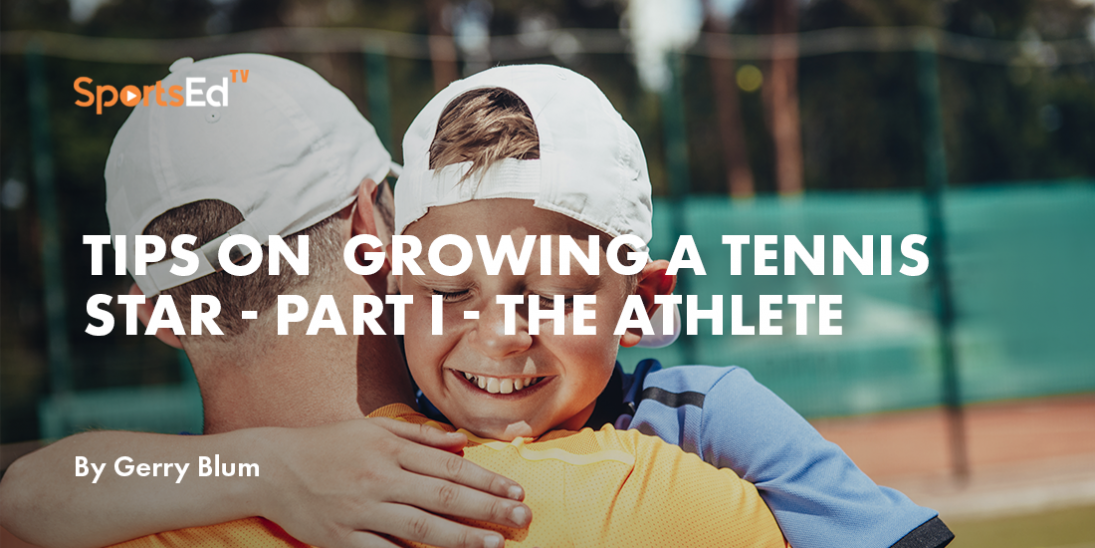
This is the first of three blogs discussing the all-important sports triangle—athlete-parent-coach—taken from the guide I Want to Play Wimbledon, produced to assist in the development of young tennis athletes. It will focus on the role of the athlete.
When Author Stephen Medem and I came to realize there wasn't much guidance material available to fill the void we identified as a path for talented youngsters to becoming collegiate or pro-level players we produced the guide.
Kids need the inner drive and fire to love the sport of tennis, but they also need to know that they are loved unconditionally by their parents and that their parents are always supporting them. In good and in difficult times the parents' support has to be stable.
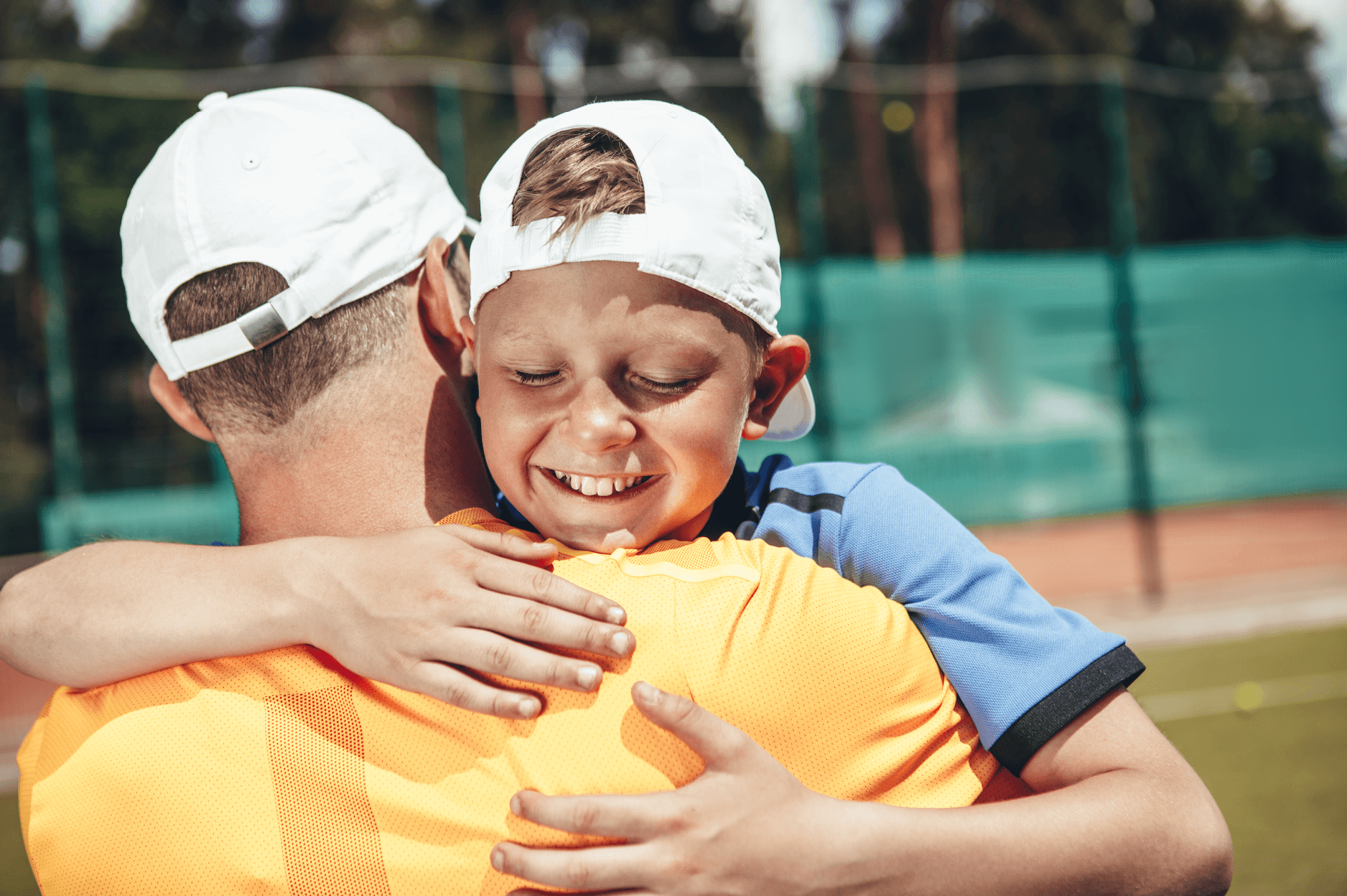
With those important aspects in place, kids will start becoming more process-oriented trying to get better in each training or tournament and learn from positive and negative experiences. That growth mindset is super important and part of the continuous improvement cycle and process.
Kids will develop patience working with their coaches, understanding that some aspects of tennis can be implemented quickly and that for some other segments of the game you need time, devotion, and energy.
Kids will have to start journals evaluating themselves, their parents, and coaches and work together in that triangle team to get the best out of everybody for continuous improvement. Keep moving and improving.
The process, of course, has to begin with the young athlete, and here's an excerpt from I Want to Play Wimbledon addressing the most important point of the triangle, The Athlete:
“NO TIES:
A very big difference from other ball sports. (Exceptions are extra time and penalties, for example in football.) The option of cheating yourself into a draw that is satisfactory for both parties after a lead that you thought was certain, or even after a fierce and sweaty race to catch up, does not exist on the tennis court. There is only one winner and one loser! That can be brutal from time to time!
EMOTIONS:
Even a top ATP or WTA professional does not play flawless matches. Certainly, there are phases when everything goes to plan, and one performs in the so-called "zone". However, these times are always limited and, sooner or later, mistakes, "forced" or "unforced", will always creep in.
Top athletes can accept and analyze mistakes and even draw positive energy from them.
None of the champions, however, were born with this ability. Even the greats, such as Roger Federer, Pete Sampras, André Agassi, or Björn "ice" Borg, were downright hot heads in their youth, with regular explosions of rage on the court, including foul language, frustrated balls bouncing around, or broken rackets. In the course of their careers, they have learned to channel these negative feelings and use them to their advantage. We, however, expect our untrained protégés to perform flawlessly from childhood to teenager like a mature champion. Impossible!
Every one of us who has ever experienced real stress in the field must know what immense feelings stir within us, sometimes even eat us up, and how difficult it is to become a master of the emotional situation.
It's sometimes almost impossible to watch our tennis offspring destroy themselves on the court, even savaged or behaving like a pig, thus sullying our "good" name.


